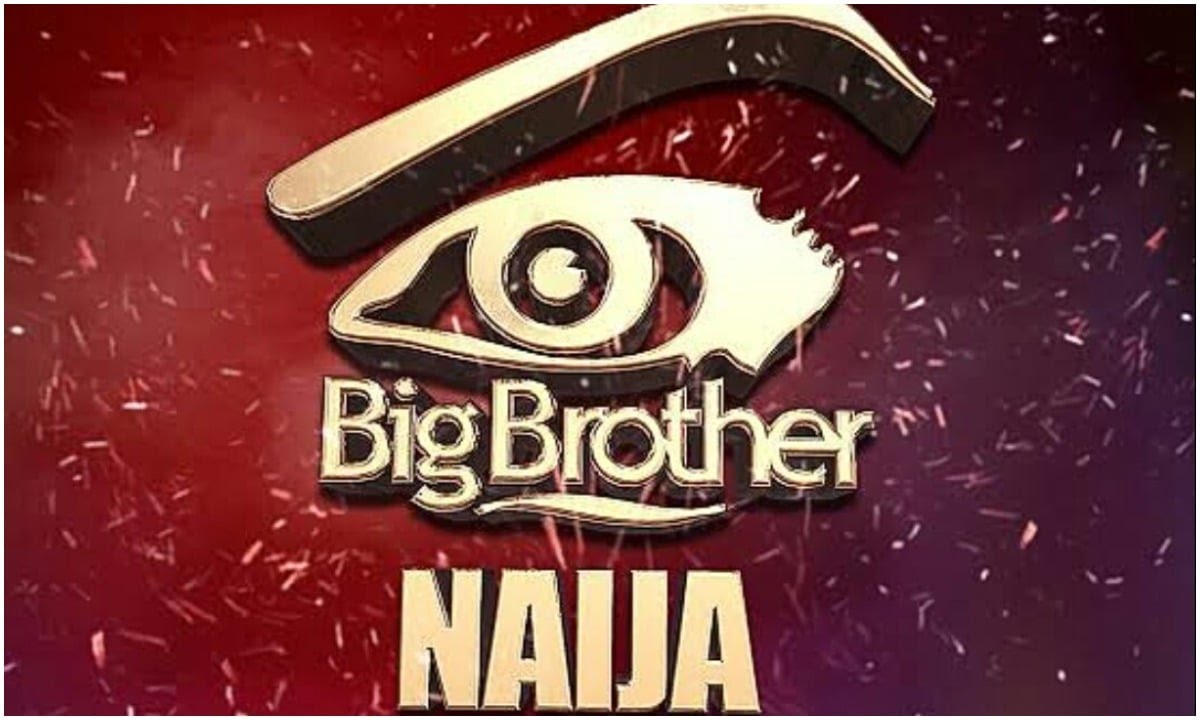Big Brother Naija (BBNaija) is a competition-based Nigerian reality television show in which a number of contestants live in an isolated house and compete for a large cash prize worth millions of Naira. The Show is currently in its 5th season titled Lockdown House (a name obviously coined from the 2020 COVID-19 lockdown). Perhaps the general idea of the Show regarding isolation from the outside world best describes the stay-at-home injunction during the pandemic.
BBNaija series is viewed by many especially the youths across the country. The Show is basically an entertainment show which attracts all the glare of the entertainment industry. A clearer understanding of how the Show commands attention is found in the meaning of entertainment itself:
“Entertainment is a form of activity that holds the attention and interest of an audience or gives pleasure and delight. It can be an idea or a task, but is more likely to be one of the activities or events that have developed over thousands of years specifically for the purpose of keeping an audience’s attention.” (Oxford English Dictionary).
Entertainment comes in different forms (music, films, concerts, games, sport, etc) and serves different purposes (mainly to amuse, educate, teach a moral lesson, keep busy, etc) for different audience (children, adult, religious, etc).
BBNaija series tend to tick many of the boxes of entertainment.
House of Ability and Business
As a House of Ability, Housemates in BBNaija House are made to showcase some of their skills and abilities through the games they play and tasks executed within the House. We also see reward for victories. Importantly, being isolated in the BBNaija House presents Housemates with the hard task of having to live with people they probably have not met before, while nearly the whole world are at liberty to watch them live. The struggle is also between attempting to be real amidst the pretentious tendencies.
As a House of Business, many businesses market their brands through the Show and the sponsorship deals are high source of revenue to the organizers of the Show who are purely in business. The Show also present Housemates with an opportunity to grow their personal and business brands through the publicity and visibility they enjoy while in and out of the House.
House of Lust
BBNaija Show is strictly for adult viewing. Children are excluded, given the adult content especially its sexual appeals which makes it a House of Lust. Although children are excluded, many parents find it difficult to activate parental controls to shield their children from corruption of the mind through TV programmes generally. More so, a large number of the youths especially those within the age bracket of (18 and 25) are still victims of the corrupting ends of the Show. They watch their mates in the House (the Housemates) perform sexual stunts that appeal to their sexual drives and they inadvertently see these as a subtle approval of the otherwise already existing moral decadence.
But sex sells, and the organizers of the Show are cashing out on the trade while mixing it up with other touches of soft talent display. Undoubtedly, if sexual advances and nudity are prohibited and Housemates are only permitted to sleep, play games, eat, pray and read, the Show may die a natural death, as the core spicing ingredients of the Show would be missing.
On Wazobia FM, an advert for BBNaija is currently running. In the advert, viewers are encouraged to tune in for “The plenty lovee lovee and stubborn head wey full ground…”
From the above advert, the commodity of the Show is apparent. Also, the issue of “Stubborn head” is interesting. Display of stubborn behaviours are seen, as some Housemates showcase poor characters which, in addition to sexual scenes and nudity, also appeals to some of the young viewers who look up to them as role models.
Here, we recall former Housemates like Cee-C, Tacha, and recently, Erica. These young ladies command beauty and class. Among other females in the House, they join in the advancement of the dress-to-kill syndrome ravaging our society and low character display which is having its toll on young people. As observed, this low character display earned two of the trio (Tacha and Erica) disqualification from the House during their times there for violating the House rules. Tacha went down in her time for violent behaviours while Erica followed in the same fashion this season for multiple strikes against the House rules. Cee-C was of the same feather in her season but escaped disqualification in controversial circumstances. Incidentally, they all had the potentials to win but their “intellectual property” in low character stood in the way. However, they cannot be termed losers. Their intoxicating clout, “merchantable quality” and brand are assets. For instance, Erica, an enigma, reportedly raised $15,000 in five hours and Tacha has already hit a million mark followership on Instagram.
House of Rules
BBNaija is a House of Rules. A number of rules are laid down (e.g. no whispering, no violent conduct, etc) . Any Housemate who observes any of the rules in breach will automatically face the consequences. It is immaterial how much the Housemate is loved by the viewers. Big Brother (the unseen and ubiquitous Eye of the House) enforces the rules without fear or favour. Rule of Law reigns in the House. This is one of the positive demonstrations of the Show.
Big Brother, a Social Experiment
In many ways, this annual reality show is (in theory) a celebration of diversity, in that people with varying backgrounds, financial might, values and belief systems are put together in a (relatively) small enclosure to interact for a given number of weeks. They usually have to strategise, collaborate, fall in love, play politics or engage in trysts, whatever the occasion demands. On the surface, it would seem that the searchlight is wholly on the housemates.
But it is also pertinent to take a look at how the supporters outside react to the show. Year after year, millions of Nigerians throw their weight behind one housemate, doing all they can to support the one they identify the most with, and casting aspersions on the credentials of those they don’t like. The reasons for such devotion differ – it could be beauty, intelligence or identifiable humble beginnings – but from the first day to the last, a lot of work goes on behind the scenes. From Instagram fan pages to Whatsapp groups, these adoring fans mobilize to cheer their own, in a manner and with such enthusiasm you would wish could be applied to our politics.
Per usual, things get heated, and people go to whatever lengths possible in making a strong case for their housemates, sometimes resorting to trolling, cyberbullying and brazen smear campaigns. In the end, the attitude of the fans says much about them, even more than the housemates who are theoretically the subject of an experiment.
Conclusion
Of the few available lessons to be learnt from the Show amidst the lustre of lust, young people need to see that no matter how far you fly, anger and low character can possibly strike you down and cost you the big prize in life.
Ultimately, the Big Brother Show is a microcosm of how Nigerians would actually apply themselves in a given society. It is hard to avoid the temptation of alluding to George Orwell’s novel “1984”, but in many ways, we would act very similarly to the housemates when we are fully aware that we are being watched, and that there would be full consequences for actions.
The voting system in the BBNaija House also provides remote pointers to what could be, given the availability of a functional system. People are more interested in spending airtime to vote on a reality TV show than cast ballots at the Nigerian general elections because they feel they are part of something they can identify with, because they feel their votes count. Much is made about how the show distracts the youths from agitating for political cum economic changes, but you have to agree that if people are made to feel like they matter in any given system, then they would devote themselves to that system.














